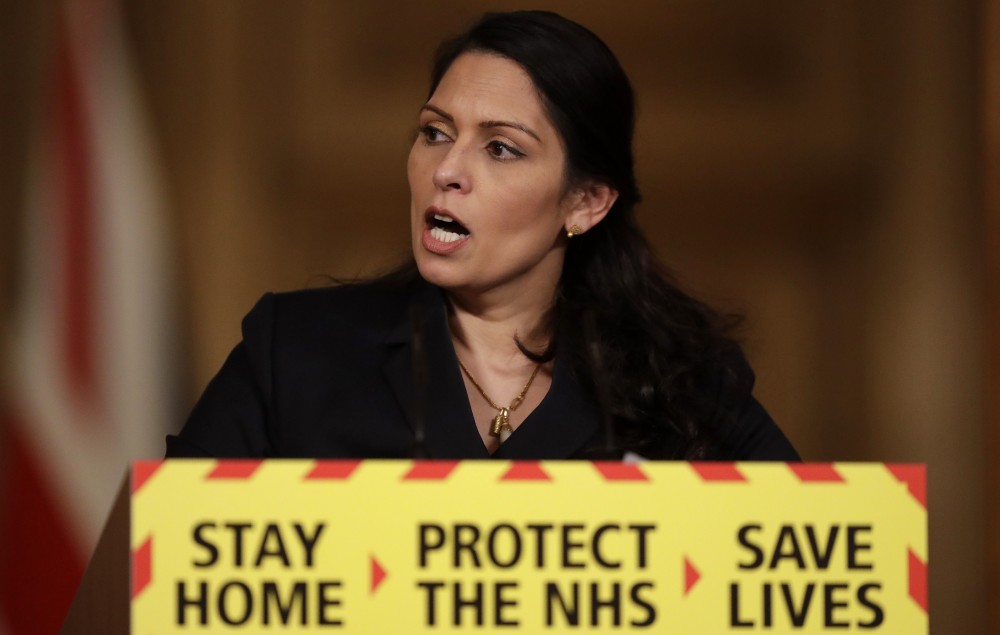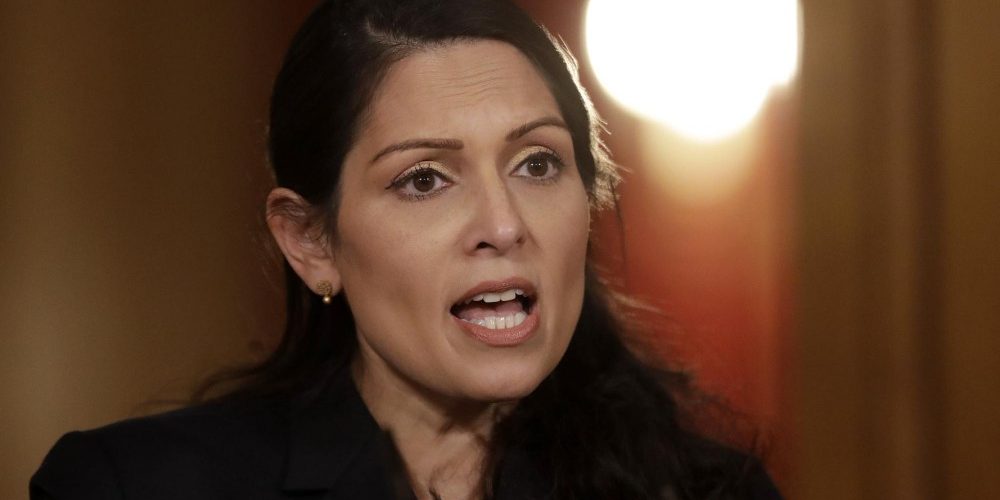Priti Patel used false data about illegal raves to push police crackdown, report claims
A new report has claimed that Priti Patel relied on false data about illegal raves to push a clampdown during the coronavirus lockdowns.
Mixmag‘s exposé has suggested that the UK Home Secretary used incorrect information provided by the Met Police to justify a hardened stance last summer in which the forces in England and Wales were given extra powers to curb Unlicensed Music Events (UMEs).
Measures included up to a £10,000 fine for those holding an illegal gathering of more than 30 people, which Patel addressed in an op-ed published over the 2020 August bank holiday weekend for The Telegraph. New laws were in place to help cut the transmission of COVID.
“In London alone, the Metropolitan Police has responded to more than 1,000 unlicensed events – such as big raves and parties – since the end of June, receiving information on more than 200 events across the city in a single weekend,” wrote Patel in the article.
“We will not allow this breathtakingly selfish behaviour from a senseless minority to jeopardise the progress we have made together…That is why we are cracking down on the most serious breaches of social distancing restrictions.”

But a Freedom of Information (FOI) request by Mixmag has now shown that figures were inflated due to flawed methodology in how the data was collected.
The FOI revealed that the figures the Met Police published were instead the number of “messages” about illegal raves recorded on the force’s Computer Aided Dispatch (CAD) system – not the number of confirmed unlicensed events.
Therefore a separate CAD message is formed for each message sent by a person to the police, meaning that, for example, if 50 people report the same illegal rave the system calculates 50 CAD messages for that UME.
Last Wednesday (August 18) the Met police issued an apology to Mixmag for “confusion” over the statistics used by Patel. It clarified that the data the Home Secretary used related to the number of “pieces of information about events in the capital [London]” received by the police force, not the number of events identified.
However, the Met declined to provide a breakdown of the correct number of illegal raves identified by the force during that time period.
Additionally, while the press release containing the incorrect information can still be viewed online here, the Met has since removed the note and issued a statement in response: “We may have received several calls by several different members of the public when in fact it is only one incident with several CAD messages.”

Earlier this year police broke up revellers at an illegal rave in Dorstone, Herefordshire. It was one of many similar gatherings that were shut down by police this year.
According to the BBC, people travelled from as far as Cambridge, Portsmouth and London for the event that saw 150 people in attendance on April 3.
West Mercia Police said it issued a Section 63 dispersal order under the Criminal Justice Public Order Act to break up some of the ravers, who were still there early on the Sunday morning (April 4).
